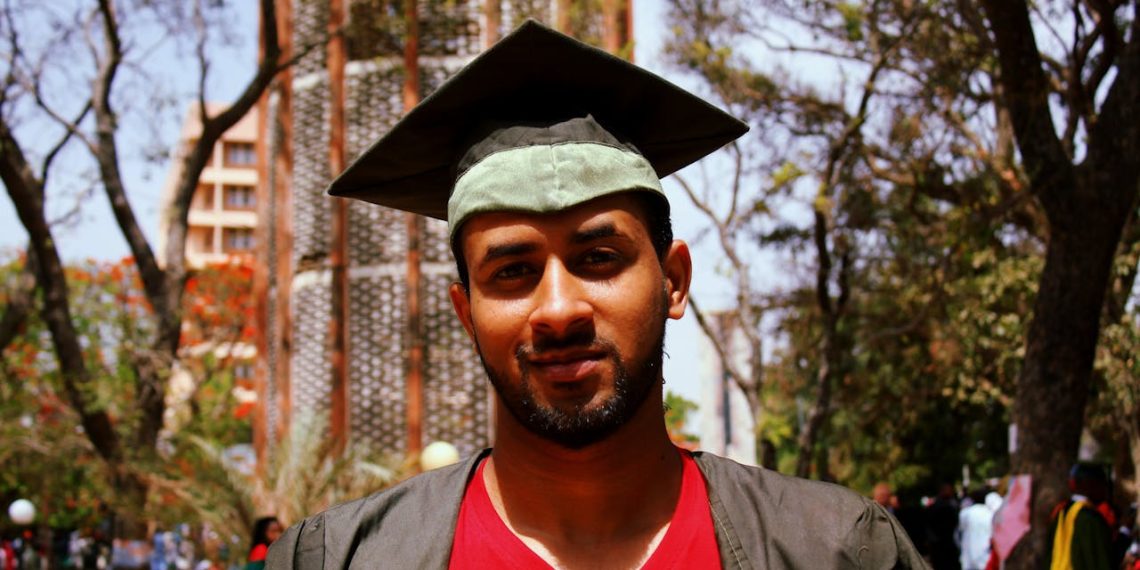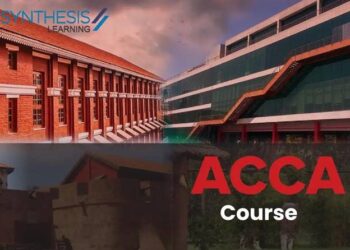Infrastructure development, public safety, and welfare are all impacted by the work of professional engineers. In Florida, earning a PE license is a bit more complicated than simply completing a degree, passing the Fundamentals of Engineering exam, and then passing the Principles and Practice of Engineering exam. Like almost all other states, Florida requires P.E.s to study after they get their license. The study materials must cover something called “the body of knowledge.”
This knowledge must be pertinent to public safety, infrastructure development, and welfare. The study must be done through what are called Professional Development Hours, or PDHs. and why they are a necessity. Professional engineers in Florida must renew their licenses every two years, ensuring that they keep up to date with technological and regulatory changes. The renewal cycle ends on February 28 of odd-numbered years (e.g., 2025, 2027). Engineers can demonstrate that they are current and relevant in their field by completing continuing education.
In the last renewal cycle, Florida civil engineers were required to take at least one PDH (professional development hour) course that had something to do with “recent developments, trends, and research related to the licensee’s area of practice.” That course could not be a lecture in the state-mandated “ethics and professionalism” series. With that being said, today’s article will focus on Florida Civil Professional Engineer PDH courses.
Professional Development Hour Requirements for Civil Engineers in Florida
Civil engineers licensed in Florida must complete 18 Professional Development Hours (PDH) every two years. The first PDH is to cover engineering ethics; the second is to cover the laws and rules that govern the practice of engineering in Florida. A third PDH must cover something relevant to our profession. The other half-dozen (or so) PDH can cover whatever the licensees wish, as long as it helps us “continue our professional development.”
Courses in technical subjects (14 PDH) keep civil engineers well-versed in the fundamental concepts and emerging trends of our profession. They help them remain proficient in the essential technical skills and core technical areas of the discipline. People must continue to learn and grow throughout their careers. Civil engineering is a rapidly changing field; where workers are confronted with new concepts and different ways of thinking all the time. Even the basics of the profession are always being rethought and “re-engineered.”
PDH Courses Cover a Wide Range of Information
Civil Engineering PDH classes cover a lot of area—both technical and non-technical. Here are some of the most common topics they cover:
Structural Engineering
These courses concentrate on the essentials of structural design and generally span three areas: load analysis, which determines how much weight or force a structure can bear; reinforced concrete, which is a common structural material covered in many courses; and seismic design, which concerns how to make structures safe during earthquakes.
As we have seen in recent years, the changing environment and increase in frequency and severity or storms, the way structures are designed and built needs to be revisited. These courses offer the latest and most relevant information to this topic.
Environmental and Water Resources Engineering
Florida Civil Professional Engineer PDH courses also delve into storm water management, flood mitigation, and wastewater treatment technologies. Geotechnical engineering is another focus of the program, with an emphasis on the design of safe and effective foundation systems. PDH courses pertinent to this work will cover topics such as soil mechanics, slope stability, and retaining wall design.
The program also offers a number of courses on project management and leadership skills that are essential for civil engineers since they often take on large roles in leading projects where budgeting, scheduling, and managing diverse teams of engineers are crucial. After all, engineering isn’t just about metal, concrete, and other materials; it’s about people and the places they will work, live, and spend time together.
Updates to the Florida Building Code
Florida’s building codes, which impact all those engaging in the practice of engineering, are frequently updated in response to hurricanes, sea-level rise, and other environmental issues. Since 2017, the changes have been even more pronounced.
Engineers practicing in Florida can benefit by staying current with the building codes through PDH courses. This is crucial to not only ensuring that they stay current on the rules, regulations, and principles of engineering, but also that the work they do is safe and reliable for the public.
Online PDH Courses Offer Convenience and Flexibility
PDH Courses serve as an efficient and convenient way for engineers to maintain their professional licenses. For some, travel is impossible, for others, inconvenient, and for most, it is very costly. In response, high quality online curriculums were developed.
They offer engineers the opportunity to complete the work necessary to satisfy their license renewal requirements, all while eliminating the problems associated with in-person courses and retaining most of the advantages of traditional classroom settings. There’s no better cost-effective option than online PDH courses.
Selecting the Appropriate Courses for Civil Engineers
When civil engineers select PDH courses, they should think about several things to be sure the courses serve both their professional aims and the mandates of the state where they are licensed.
Unfortunately, some engineers fail to understand certain requirements of the program and end up taking courses that don’t apply to their required Professional Development Hours. Here are a few suggestions to follow:
Confirm the Reputability of the Course Provider
First, you always should check that the provider is registered with the Florida Board of Professional Engineers (FBPE) and that the course content is approved for PDH credit by the FBPE. Otherwise you could find yourself having wasted all of your time (and money) for nothing.
Importance to Specialization
Pick classes that are pertinent to your practice area. A structural engineer may take advanced classes on seismic retrofitting, for instance, while an environmental engineer may prefer courses on managing water resources. Because civil engineering is a vast field, there are far too many examples to list here. Regardless, you should focus on the ones that are most relevant to your career.
Cost and Affordability of PDH Courses
There are several factors that lead to the significant variation in pricing of PDH courses. To begin with, there’s the course length. Course delivery can also affect cost; PS steps taken to ensure competence of the licensee could result in more steps for PDH courses taken in person (another advantage of taking online courses), making them variable in price and difficult to approximate.
Lastly, the reputation of the course provider can also cause a course’s price to be higher. Then there are the engineers themselves – their employers and associations. Some engineers have reimbursement benefits, and some courses are offered to engineers at a reduced rate or even free.
The Importance of Tracking and Record-Keeping
The FBPE performs random audits to ensure compliance with the Florida Civil Professional Engineer PDH courses. PDH requirements satisfy an 18-hour renewal interval (every two years) for Florida professional engineers. The requirements are not that difficult to meet. Here’s how to handle the process and ensure hassle-free licensing.
- Track PDH Hours
Maintain a file of certificates and relevant transcripts from all renewing engineering license PDH activities. The PDH increments can include many different individual courses and topics. However, once again, it’s critical to verify that the courses you take apply to your license renewal. The total must come to at least 18 hours.
- Renew Online
Using the FBPE website, follow the screen prompts to attest to having met the PDH requirements.
- Audit
A random audit will check nearly 5% of registrants. Those audited will submit by e-mail their complete PDH records. Overall, the process is pretty gentle.
The PDH courses not only suffice the renewal requirement for your license. They also help develop your career. Civil engineers have a lot to gain from these courses. You may not even be aware, but PDH courses can help you tremendously.
They help when it comes to acquiring new knowledge, and in some cases, new skills; much more so than those without continuing education and training. They help you understand what’s going on in the profession. They help develop leaders. And they help engineers serve in various other ways in your communities and society as a whole.
Florida Civil Professional Engineer PDH Courses Keep You Up-to-Date on the Industry
The PE licenses of Florida civil engineers must be renewed, similar to how one must maintain a driver’s license. To do so, a civil engineer must complete a given number of professional development hours (PDH) in a two-year period and submit the proof of those hours to the state; the total must be 18 hours.
The PDH courses not only satisfy the continuing education requirements the state imposes on engineers but also serve to keep engineers up-to-date with emerging knowledge and skills in their pipeline. Engaging in the PDH process helps students and the profession itself remain relevant, if not cutting-edge, and also enhances the opportunity for some to pivot to other disciplines in their careers.







